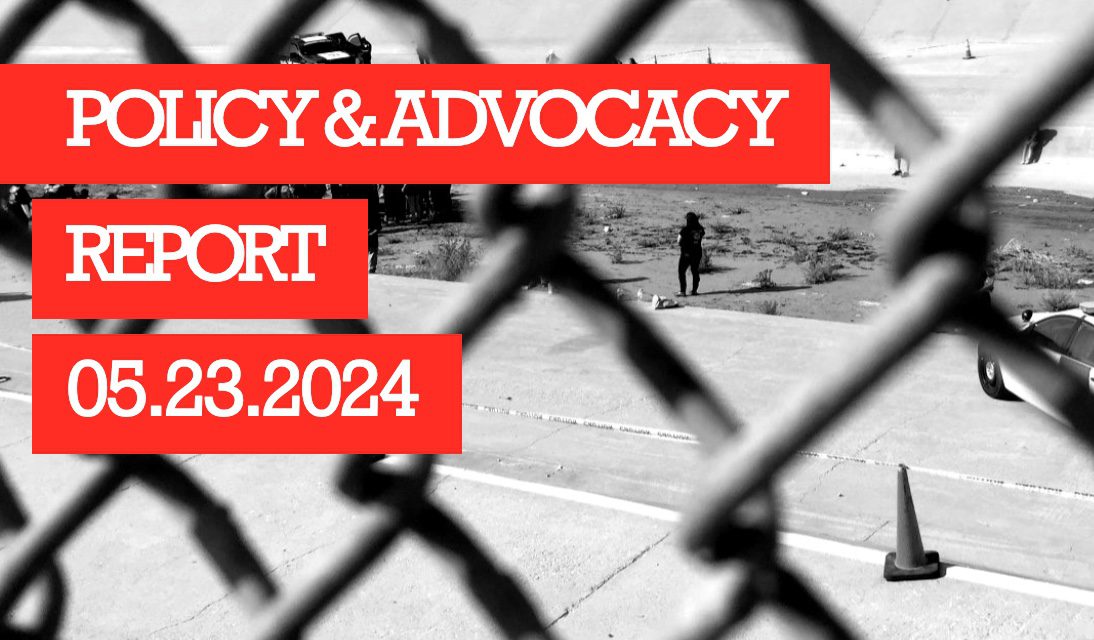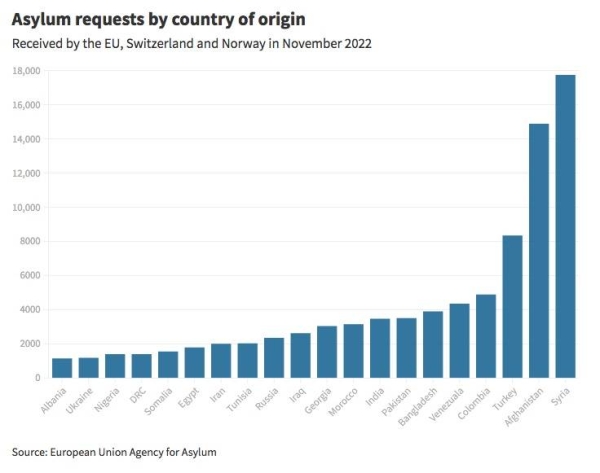
Brain drain triggered by inequality, repression and nepotism, experts warn
ANKARA: A brain drain and youth exodus from Turkey have become increasing points of debate in the country after two TikTok users were recently arrested for posting a satirical video about the inability of young Turks to travel abroad amid the pandemic.
The two 23-year-old users seemingly irked Turkish authorities, and were accused of “openly insulting the state’s sovereign insignia” in the satirical clip.
In Turkey, where even humor has become an inexcusable act for some authorities, an increasing number of citizens are choosing to move abroad, recent statistics show.
The latest data by the European Statistical Office shows that Turkish asylum requests to Europe have increased by 506 percent since 2019.
Experts said that the mass exodus is mainly connected to economic hardship and a systematic crackdown on freedom of expression and democracy.
Turks seeking safe haven in Europe ranked fifth in applications for asylum, immigration and temporary protection to EU countries, ranking just after Syrians, Venezuelans, Afghans and Iraqis.
In the same statistics, Turkey was followed by Somalia, Eritrea, Iran, Nigeria and Pakistan.
About 2,995 Turks applied for asylum in EU countries in 2015, but in 2020, the number soared to 18,145.
The trend has escalated in recent years, especially with regards to white-collar, well-educated youth trying to build new lives and new futures in EU countries, most notably Germany, where most Turks applied for protection and asylum.
The large-scale brain drain has been triggered by the “democratic downgrading” in the country, as well as by deterioration in the standard of living, experts say, with most young Turks unable to see a future for themselves in the country.
FASTFACTS
• Turks seeking safe haven in Europe ranked fifth in applications for asylum, immigration and temporary protection to EU countries, ranking just after Syrians, Venezuelans, Afghans and Iraqis.
• In the same statistics, Turkey was followed by Somalia, Eritrea, Iran, Nigeria and Pakistan.
• About 2,995 Turks applied for asylum in EU countries in 2015, but in 2020, the number soared to 18,145.
Recent protests by university students against the politically appointed rector to the country’s prestigious Bogazici University, as well as the abrupt Turkish withdrawal from the Council of Europe’s Istanbul Convention that protects women and girls from domestic violence has further triggered an “emotional break” of young people.
Decreased quality in higher education, diminished possibilities for upward social mobility and widespread nepotism in the labor market have also pushed young people toward hopelessness and anger.
Turkey ranks 153rd in the Reporters Without Borders’ 2021 World Press Freedom Index that was announced on April 17.
The country also tops the list of Council of Europe member countries that receive the most judgments in terms of violations of freedom of expression.
In a recent report, the World Bank found that Turkey’s poverty level rose from 10.2 percent in 2019 to 12.2 percent in 2020. With inflation standing at about 12 percent, the youth unemployment rate in the country is estimated to be as high as 22 percent.
According to official Turkish statistics, in 2019, about 330,289 Turks migrated to Europe, the US and other countries, with the majority being aged between 25 and 29.
Turkey has the largest youth population in Europe — numbering almost 13 million people.
A survey conducted by the Istanbul-based Foundation for Social Democracy (SODEV) last year also revealed that Turkish youth increasingly tend to live abroad.
The survey was carried out across 12 provinces with 600 people aged between 15 and 25. About 62.5 percent of respondents said that they would prefer to live abroad if given a choice.
“Many young people want to emigrate, but those who can afford it can go to the European countries,” Ertan Aksoy, SODEV chairman, told Arab News.
According to Aksoy, young people face trouble expressing themselves for fear of facing criminal proceedings or being imprisoned on charges of insulting a public authority.
“They prefer going to countries where they will live freely and be able to self-accomplish,” he said.
Aksoy added that inequality in the job market has also alienated young people in Turkey.
“Despite having received a high-quality education, they realize that those who are not as qualified as them reach higher scales in the labor market. They even take the risk of working in low-paid jobs in Europe just to be able to live abroad with their fundamental rights being under effective state protection,” he said.












